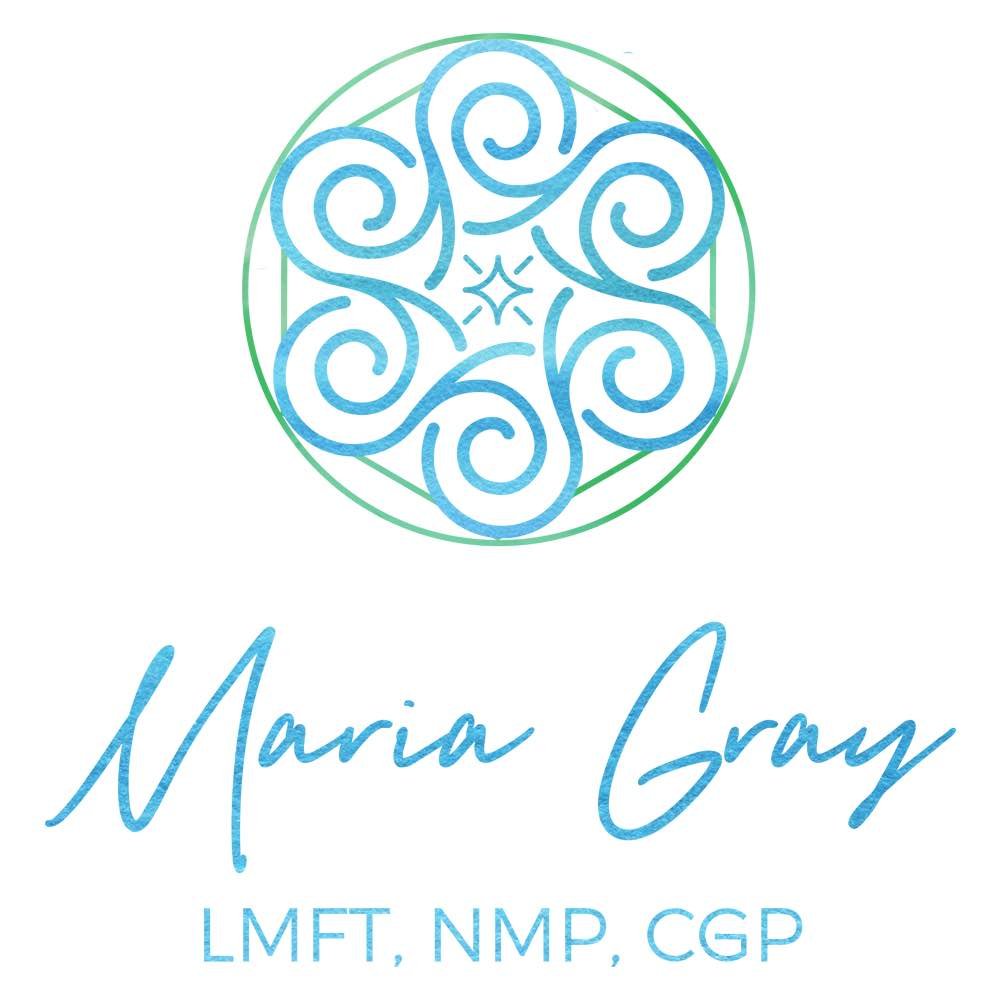Adult Children of Alcoholics
Start to recover from your childhood wounds and enjoy healthier relationships, with the help of therapy.
in-person in Santa Monica, CA | online in CA NY and TX
Did you grow up with a parent who was mentally ill or an alcoholic?
You may have noticed that even if you personally do not suffer from a drinking problem or mental illness, that you struggle in areas where your peers do not.
While you were young, you likely didn’t realize that you were living in a dysfunctional household. But now, as an adult, it can be challenging to process and accept. And you might still find yourself questioning what is “normal” and what isn’t.
It’s okay to let yourself feel grief for what you did not have as a child - in fact, grieving is part of the healing process.
Many of the clients that I work with grew up in an unstable environment. If your parents were often unavailable, this can impact your capacity to form a healthy relationship with yourself and others.
You might notice patterns of codependency, such as people pleasing and difficulty setting boundaries. It might be hard to address your own needs, or you might have a habit of tending to others instead of yourself.
One of the best ways to help you form healthy relationships as an Adult Child of Alcoholics or Dysfunctional Families is therapy.
Characteristics of Adult Children of Alcoholics
Timmen L. Cermack, M.D. published a book entitled A Primer on Adult Children of Alcoholics in 1985 and his material is still relevant today. In the book he identifies 18 characteristics of Adult Children of Alcoholics,
Here are eight of my “greatest hits” from Cermack’s list.
Fear of losing control
Fear of feelings
Fear of conflict
Overdeveloped sense of responsibility
Harsh, even fierce self-criticism
Difficulties with intimate relationships
Tendency to confuse love with pity
Fear of abandonment
What do Adult Children of Mentally Ill Parents have in common with Adult Children of Alcoholics?
I’ve noticed that many of these characteristics also apply to people who grew up with mentally ill parents, even when there was no substance abuse present. This is because there is a similar situation of a disease taking over a caretaker's ability to create a stable home environment for you.
If you are an adult child of a mentally ill parent, you also likely experienced a similar sense of stress and unpredictableness in your home. It may be challenging for you to form healthy relationships or make decisions due to your childhood experiences.
While the term “adult child” was first applied to Adult Children of Alcoholics (ACA), its definition has widened to include anyone who grew up with dysfunction in some way.
All These Years Later, Can You Recover?
It can be disheartening to read about the characteristics of Adult Children of Dysfunctional Families and see your own personality traits and habits listed.
There is hope, though. With therapy, you can start to focus on recovering from your childhood wounds and enjoy healthier relationships. Healing is possible through psychotherapy. Powerful modalities like EMDR, Brainspotting and Somatic Experiencing can help you heal childhood trauma.
I’m licensed in California where I see Adult Children of Alcoholics and Mentally Ill Parents both in person and virtually. I’m also licensed in New York and offer online therapy to clients who reside there.
A little bit more about mY work as a therapist:
I work with therapeutic models are resource and wellness-oriented, such as EMDR, Brainspotting, and NARM.
These forms of psychotherapy are non-pathologizing. Instead, the emphasis is on helping you re-establish connection to your body and to the parts of you that are organized, coherent and functional.
Early trauma often occurs in one’s family of origin (a client’s first small group) and the best way to heal that pain is by participating in a newer, healthier group.
Many of my clients transition from individual therapy to group therapy, and this experience can be so powerful that members start behaving differently outside of the group.
I offer in-person and online individual and group therapy in California. I’m also licensed in New York and Texas.



